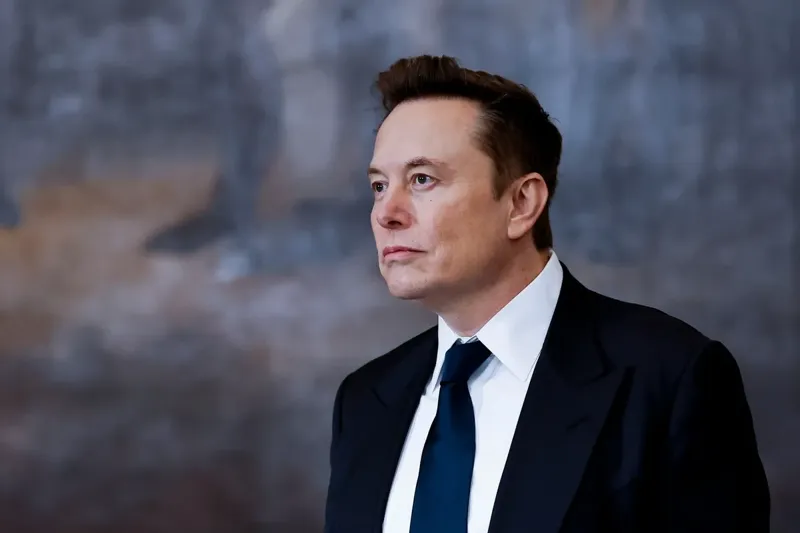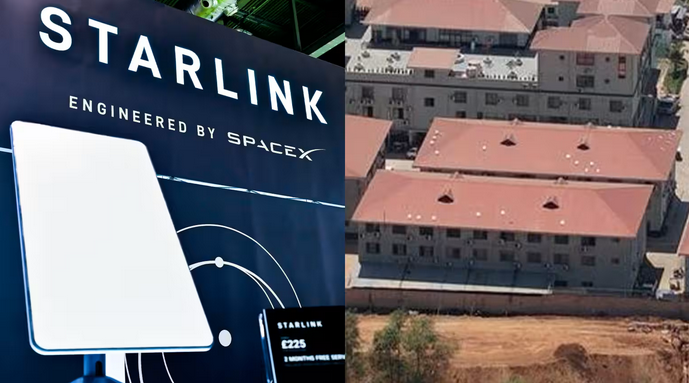Elon Musk’s Starlink satellite internet service is now the subject of a high-stakes investigation by a powerful bipartisan committee in the U.S. Congress, following reports that its terminals are being used extensively by massive cyber scam operations operating from heavily guarded compounds in Myanmar.
The criminal networks in question are accused of swindling billions of dollars from victims worldwide, including a significant number of Americans. This escalating crisis has forced U.S. lawmakers to scrutinize the role of an American technology company in potentially enabling transnational crime.
The Evidence: Starlink Dishes Proliferate
The congressional inquiry was triggered by investigative reports, including one by Agence France-Presse (AFP), which revealed that large numbers of Starlink satellite dishes had appeared on the roofs of scam centers located near the Myanmar-Thailand border, particularly in areas like Myawaddy.
This surge in Starlink usage occurred after a crackdown in February—led by China, Thailand, and Myanmar—aimed at eradicating these "fraud factories." When local power and internet connections were cut, these criminal organizations quickly adopted Starlink to maintain their operations. Satellite images and drone footage show that construction has resumed at a "breathtaking" pace in compounds like KK Park, with Starlink quickly becoming the region’s dominant internet service provider despite not being officially licensed in Myanmar.
Congressional Action and Calls for Accountability

The U.S. Congress Joint Economic Committee has confirmed the launch of an investigation, which began in July. The committee holds the authority to compel Musk to testify, signaling the seriousness of the situation.
Senator Maggie Hassan (D-NH), the leading Democrat on the committee, has publicly urged Musk to suspend Starlink services to these known fraudulent centers. She emphasized that while most people notice the rise in scam texts and calls, they may not realize that "transnational criminals halfway across the world may be perpetrating these scams by using Starlink internet access."
Former California prosecutors involved in anti-scam operations have deemed it "abhorrent that an American company is enabling this to happen." These organizations rely on forced labor and human trafficking, exploiting thousands of victims who are forced to carry out global telephone, internet, and social media cons.
The Broader Challenge for Tech
The controversy highlights a complex dilemma for Starlink. While the service is invaluable for activists and democratic resistance groups operating under military-imposed internet blackouts in Myanmar, its portability and independence from local telecom networks also make it the perfect tool for criminal enterprises seeking to evade government crackdowns.
As the U.S. Treasury Department estimates Americans lost over $10 billion to these Southeast Asian scam rings last year, the pressure on SpaceX to acknowledge the issue and implement strict security measures—such as enhanced Know Your Customer (KYC) policies or geographically blocking service to known compounds—will only intensify.
SpaceX, which owns Starlink, has not yet publicly commented on the investigation or the allegations.

0 comments:
Post a Comment